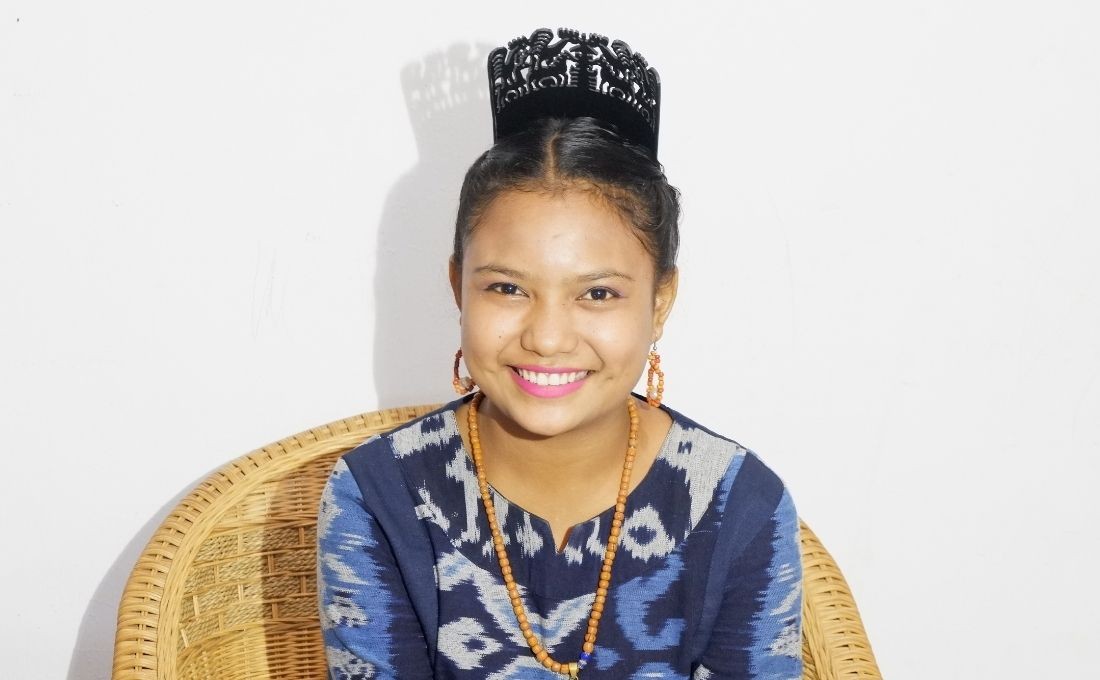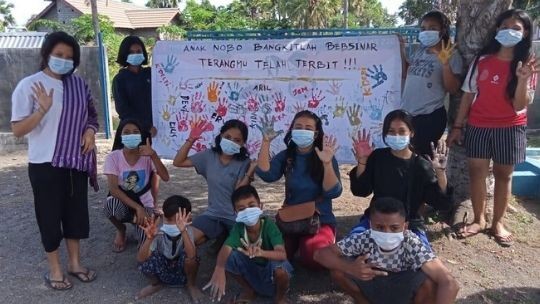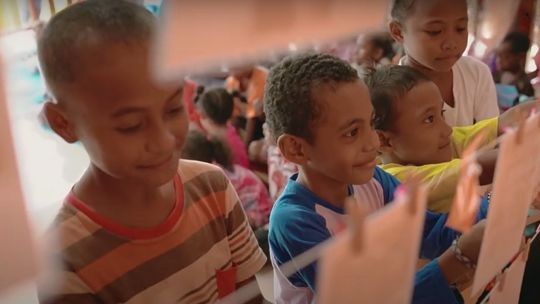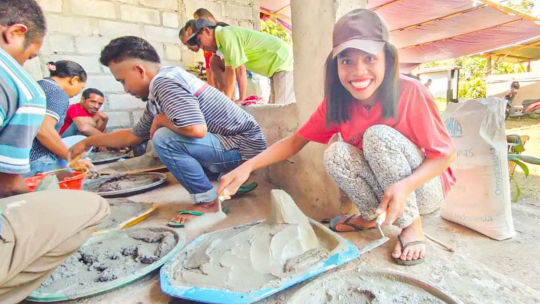Child of East Sumba Speaks to UN Delegation

Partner of Wahana Visi Indonesia (WVI), as well as the international organization World Vision, invited UN representatives to listen to children's voices from the results of the rapid assessment of 'Unmasking the Impact of Covid-19 on Asia's Most Vulnerable Children' which was conducted in 9 countries in the Asia Pacific. Roslinda (15), from East Sumba, had the opportunity to return to voice her voice in front of representatives of UN member states in New York last week through a virtual meeting.
“We are sad because of the pandemic we cannot meet friends. After studying at home, if you encounter difficult things, you cannot immediately ask the teacher like in school. For children who have minimal parental education, the more difficult it will be," said Roslinda.
The WVI child representative also revealed that the internet and cellular telephone networks are still the main needs of children to study from home. The decrease in parents' income, makes children difficult to have these facilities.
"I hope that policymakers can come up with solutions to problems faced by children during the pandemic," she added.
It is not new for Roslinda to speak out in front of UN representatives. In contrast to this online meeting, in 2019, Roslinda had also done something similar in front of UN representatives in person.
Responding to what Roslinda said, one of the responders, namely the Indonesian representative at the UN in New York, Vahd Nabyl A. Mulachela, said, "We support efforts to prevent and eliminate violence against children at both the national and international levels. At the United Nations, we entered as a member of a pioneer country (pathfindings country). As we know COVID-19 in Indonesia has an impact on children who experience malnutrition, physical violence, and access to sanitation. In this case, the government has also issued a number of regulations to overcome this, we are also working with civil society organizations. We really appreciate Roslinda as a child representative supported by Wahana Visi Indonesia (World Vision) in its efforts to campaign for the needs of her community, we fully support Roslinda's work."
Meanwhile, not only globally, but WVI also conducted a rapid assessment of the impact of Covid-19 on children in 9 provinces in Indonesia. As a result, during distance learning, as many as 68% of children can access the learning program from home and the rest have difficulty getting access due to holidays, lack of direction, or lack of facilities. Only about 30% of children have access to online learning from home programs through various applications such as Zoom, Google Meet, Whatsapp, etc. About 36% of children learn offline, by visiting home and via TV and radio.
Written by: Amanda Putri, Media Relations Executive, and Putri ianne Barus, Communications Officer of Wahana Visi Indonesia



